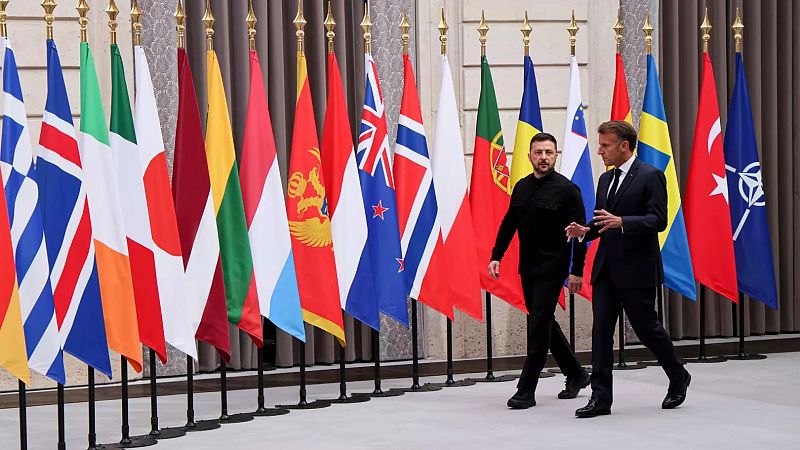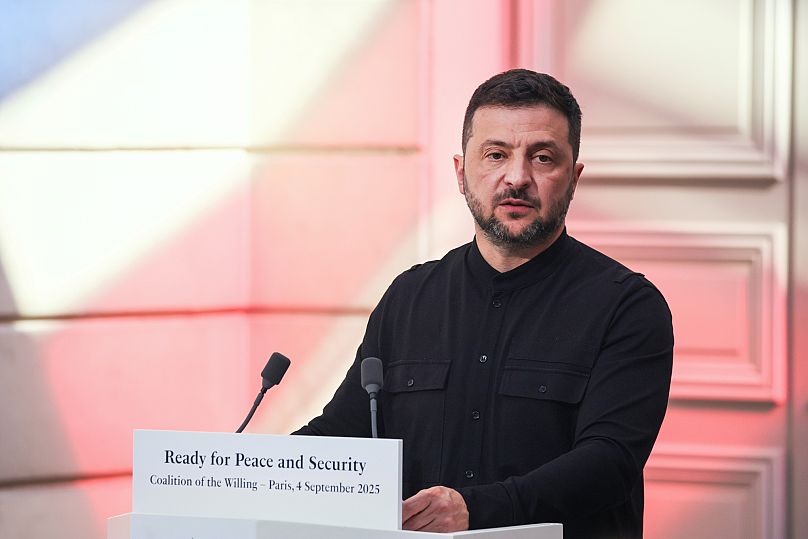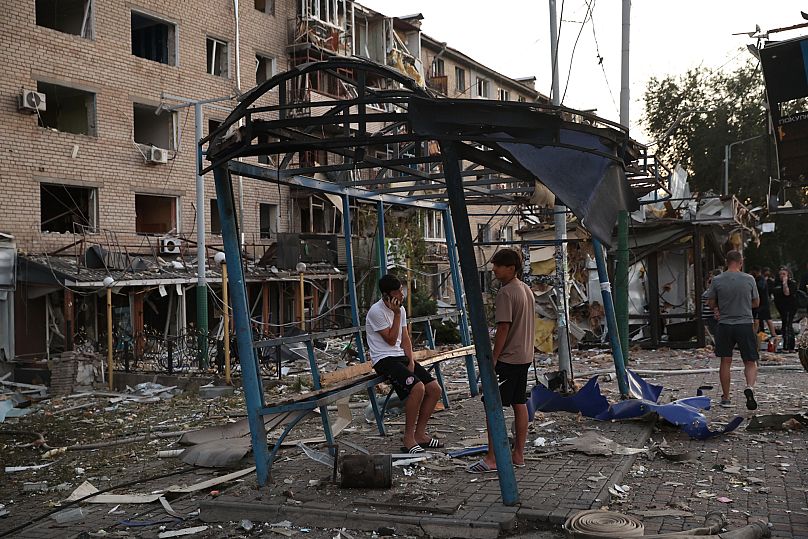Coalition of the Willing: 26 countries agree to deploy troops or equipment to post-war Ukraine

Twenty-six countries are ready to send either troops to Ukraine as part of a reassurance force or to provide assistance on land, at sea, or in the air as part of future security guarantees, French President Emmanuel Macron said on Thursday following a meeting of the Coalition of the Willing.
The French president reiterated that international troops would not be deployed in contact areas but "in geographical areas that are currently being defined."
This operational work now needs to be formalised at the political and legal levels so that security guarantees can be quickly rolled out when a ceasefire or peace deal is reached, Macron said.
Several countries will require their parliaments to approve the contributions they want to make.
No details on what each country will contribute were provided although Macron confirmed that Italy and Germany were among the 26 countries.
Poland has publicly ruled out sending ground troops to Ukraine.
Meanwhile, British Prime Minister Keir Starmer, who co-chairs the group with Macron, said he welcomed announcements from some partners "to supply long-range missiles to Ukraine to further bolster the country’s supplies".
Ukrainian President Volodymyr Zelenskyy described the number of countries willing to participate in the post-war reassurance force as a "victory".
"We are counting on a US backstop," he said. "The exact American contribution will be specified in the coming days."
The two leaders spoke from the Élysée Palace in Paris, following a meeting of the Coalition of the Willing on Thursday morning in which 35 countries were represented.
They then debriefed US President Donald Trump on the talks in the early afternoon.
Sanctions, including secondary sanctions, against Russia and countries enabling its war machine in Ukraine, were also addressed in the call with Trump.
Macron asserted that they had agreed that if Russia continues to refuse to engage in meaningful peace talks, coordinated punitive measures would be rolled out.
Zelenskyy stressed that he remains willing to meet with Russian President Vladimir Putin either bilaterally or with Trump's participation.
"I think that Russia is doing absolutely everything to delay this meeting," Zelenskyy told reporters.
"The American partners told us that Putin invited me to Moscow. I think, you know, if you want the meeting not to happen, then yeah, invite me to Moscow."
Zelenskyy also said Trump was "very unhappy" with Hungary and Slovakia for continuing to purchase Russian fossil fuels.
The two EU member states have complained to the European Commission about Ukrainian attacks on the Druzba oil pipeline on Russian territory which have temporarily disrupted the delivery of oil, demanding action. They argue the attacks endanger their energy security.
The EU banned the import of Russian oil from December 2022 but Budapest and Bratislava secured a significant carve-out and continue to rely heavily on Moscow for its energy despite the bloc pledging to completely wean itself off Russian fossil fuels.
"I'm very happy that today the United States of America very openly speaks about this issue, calling these countries by their name, saying that these two countries are helping Russia's war machine, and that we all have to do something to put an end to it and to stop this," Zelenskyy added.
Today



